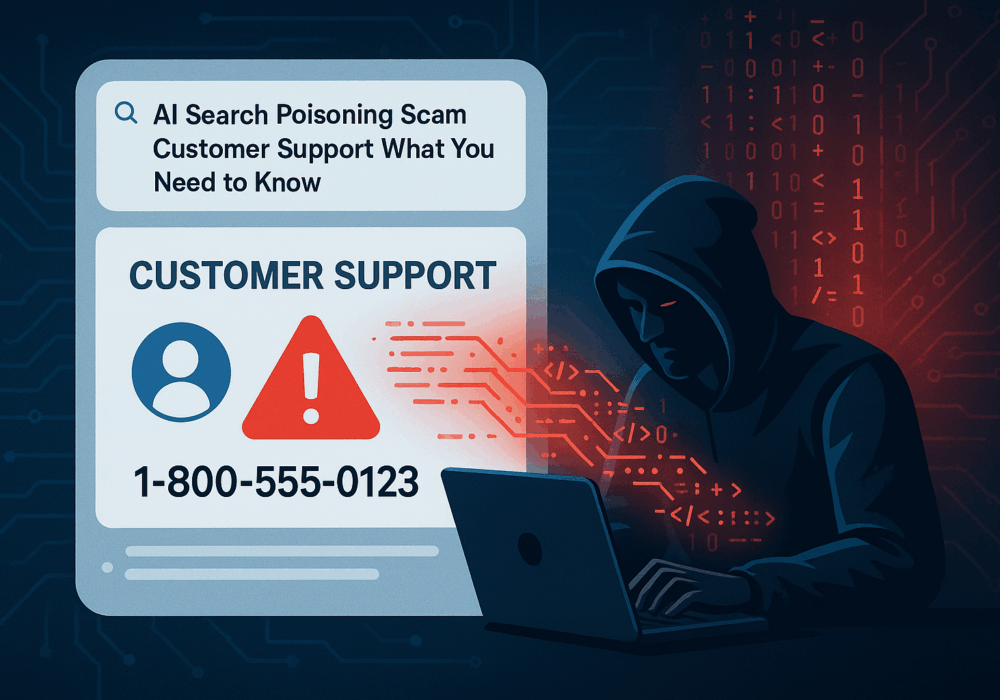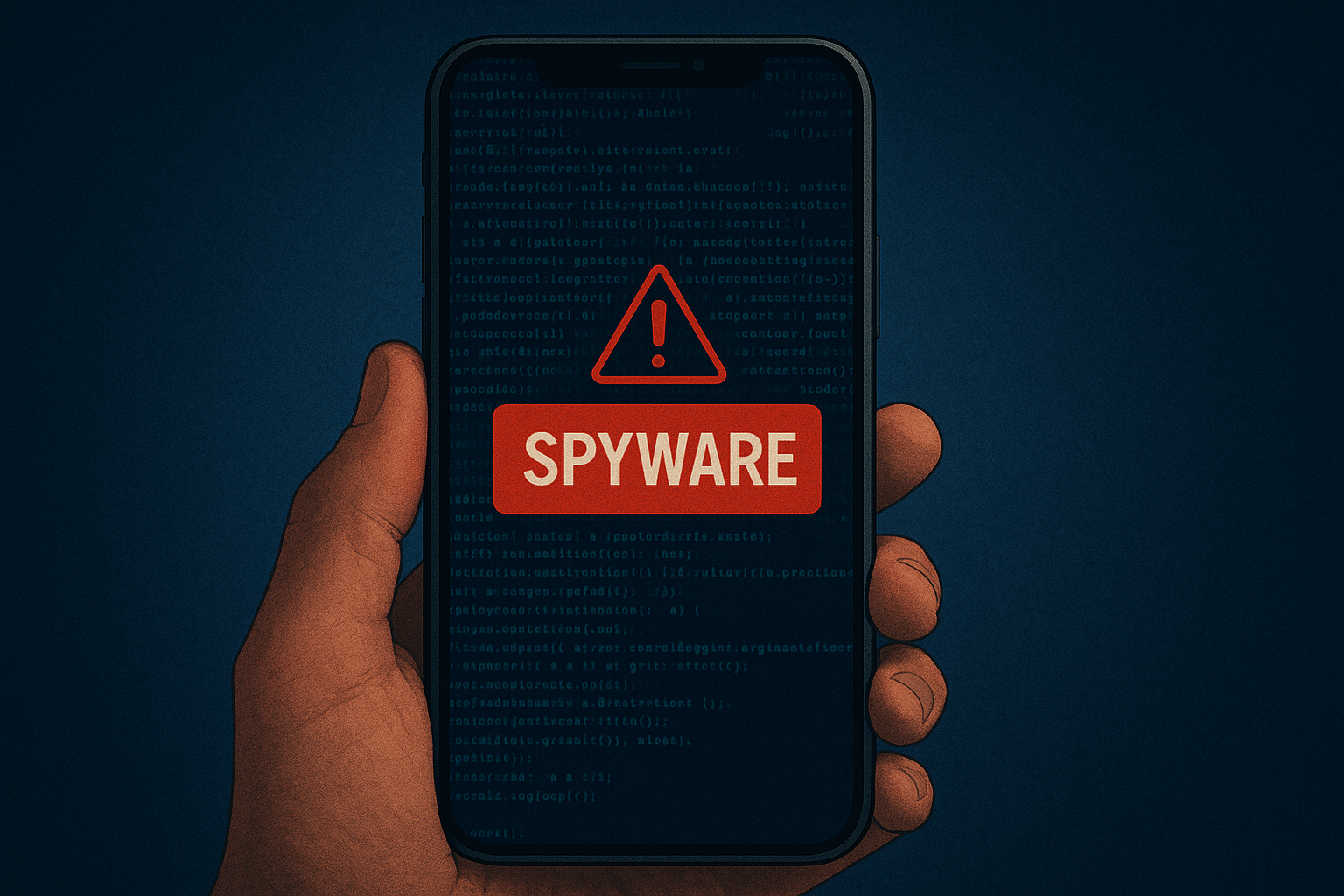Healthcare providers have been working hard to protect our electronic records ever since electronic records came to be. Hackers are bound and determined to steal these records for the incredible value they maintain on the dark web when sold. You see, health records cannot be changed and reissued. What you have is what you have. Once stolen, they are “out there” on the dark web. You cannot delete them and start over, request a reissuance of your records, or recover them from hackers. What they contain makes them extremely valuable on the dark web as explained yesterday in CyberHoot’s blog on Data Value.
To tip the scales in your favor against the increasingly sophisticated and numerous attacks on your critical and sensitive data (including healthcare records), consider signing up with CyberHoot and implementing the best practices shown below.
CyberHoot believes that for many small to medium sized businesses and MSPs, you can greatly improve your defenses and chances of not becoming another victim of cyberattack if you follow the advice above.
We hope you’re enjoying Cybersecurity Awareness Month (CAM). Visit or subscribe to CyberHoot’s Facebook, LinkedIn, or Twitter pages to get daily updates throughout the month.
Additional Reading:
Why Medical Records are so Valuable on the Dark Web
Can I change my Social Security Number in the US?
Discover and share the latest cybersecurity trends, tips and best practices – alongside new threats to watch out for.

Cybercriminals always follow Internet eyeballs. Not literally, but figuratively. And today's eyeballs are...
Read more
Active Attacks on Messaging Apps The Cybersecurity and Infrastructure Security Agency (CISA) recently issued...
Read more
The world of work has changed enormously since COVID-19. Gone are the days when IT admins sat behind a corporate...
Read moreGet sharper eyes on human risks, with the positive approach that beats traditional phish testing.
